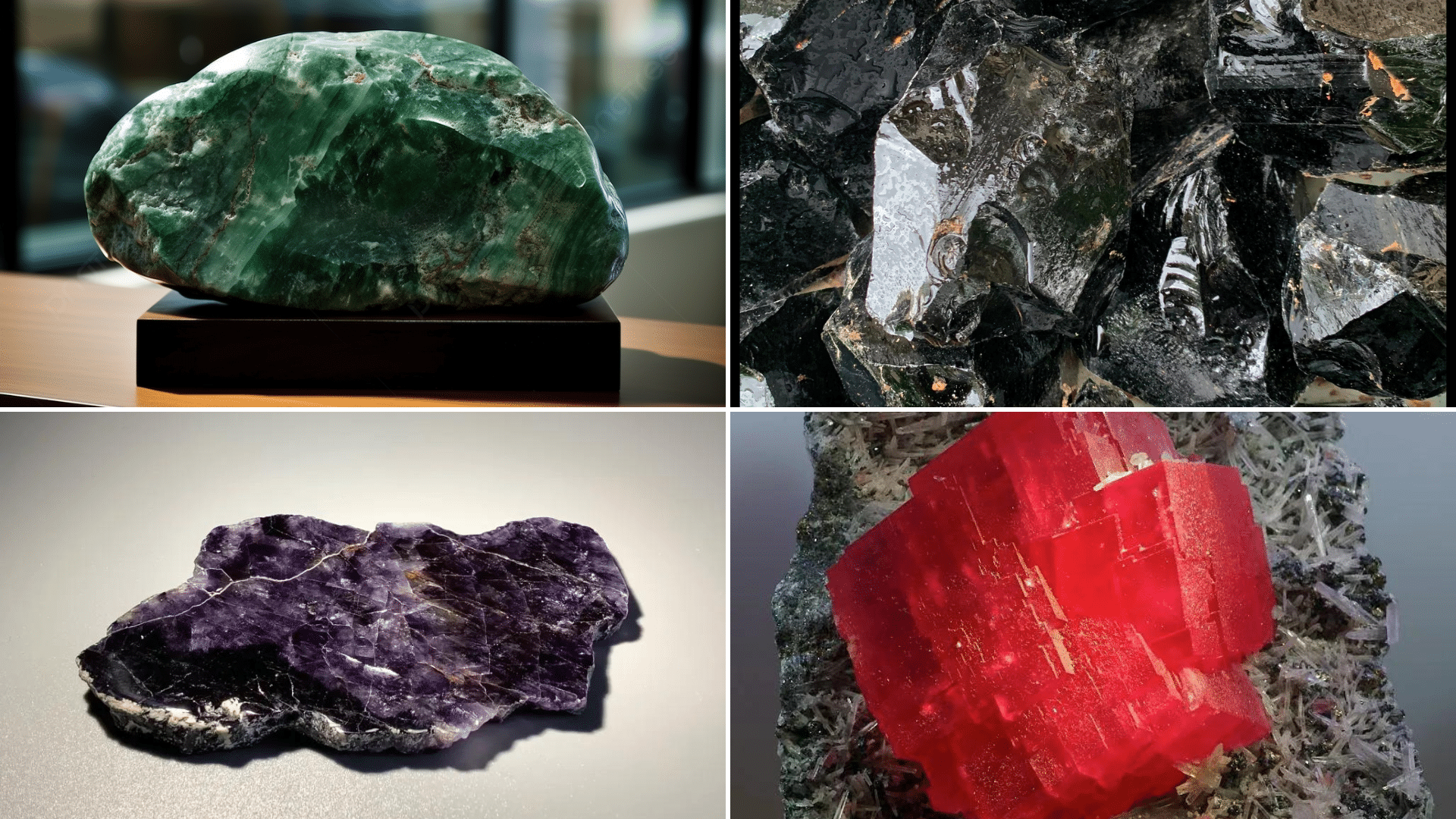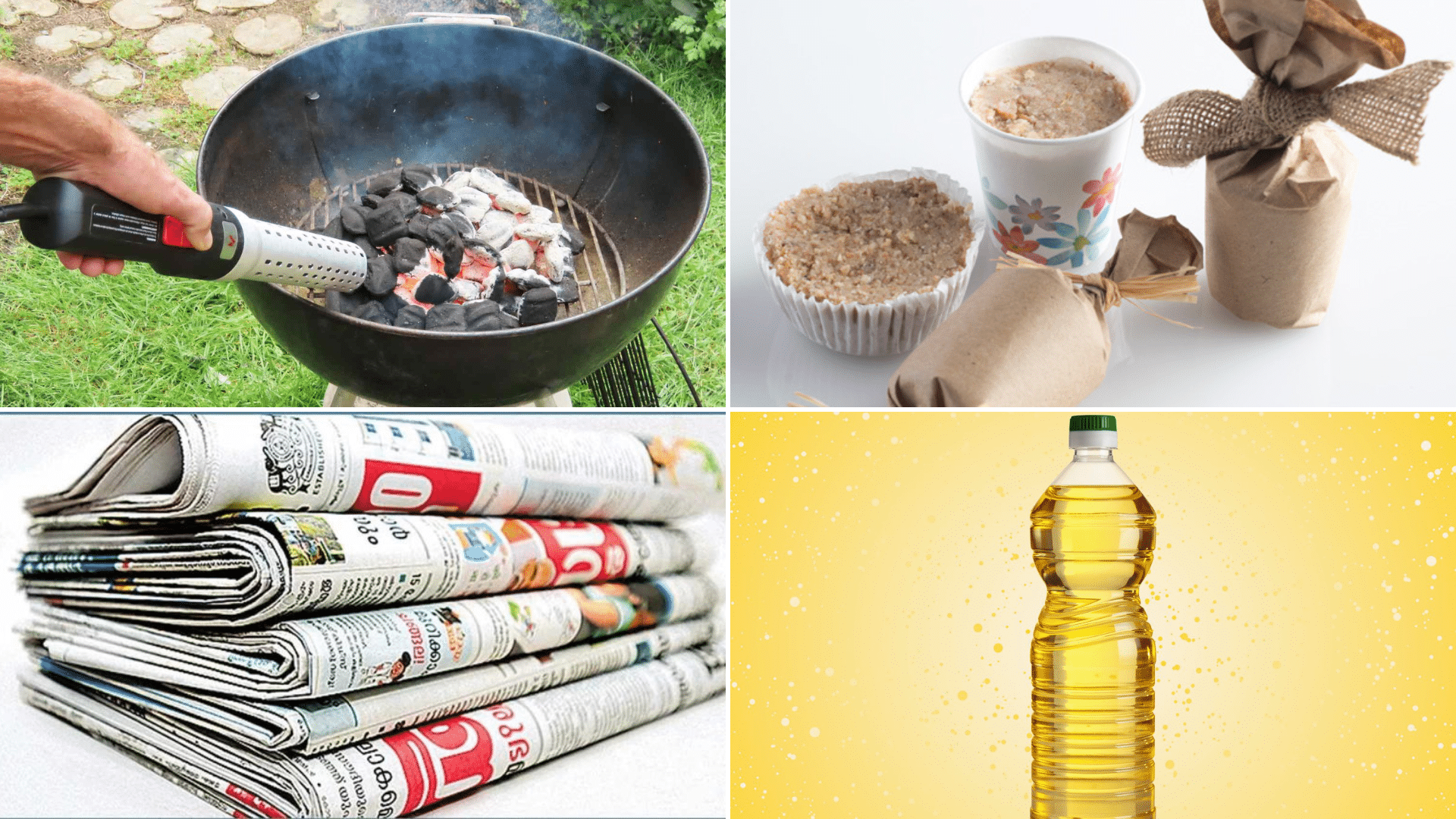
Starting a barbecue or campfire can be frustrating when you’re out of lighter fluid. Don’t let this ruin your outdoor fun!
There are plenty of household items that can save the day. In this article, we’ll share 11 surprisingly effective lighter fluid substitutes you can easily find around your home.
From common cooking ingredients to unexpected tools, these alternatives will get your fire going quickly.
Say goodbye to last-minute store runs and hello to clever solutions.
Get ready to impress your friends and family with your resourcefulness at your next outdoor gathering!
11 Best Lighter Fluid Substitutes
1. Charcoal Chimney Starter
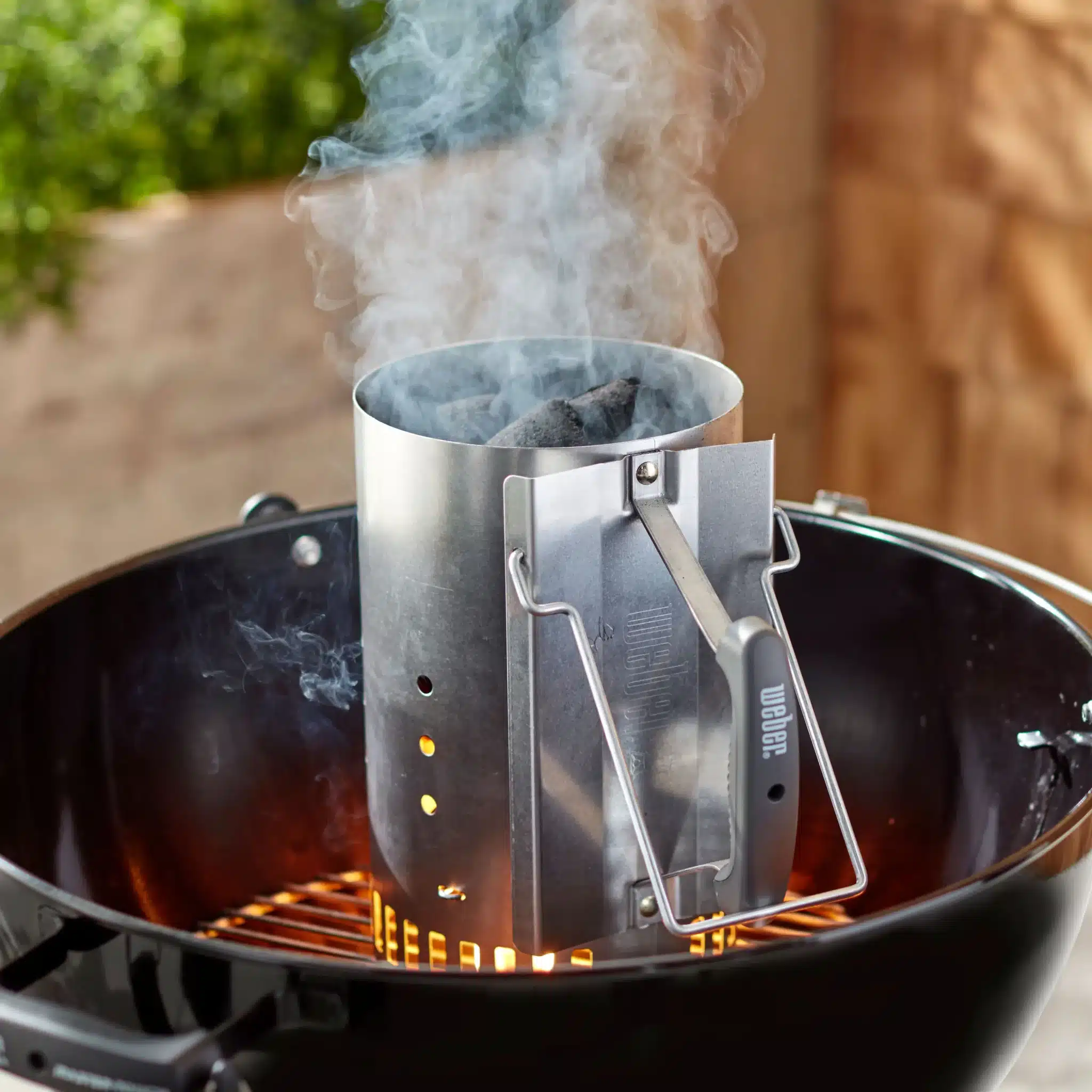
Charcoal chimney starters provide an easy and chemical-free way to light charcoal.
- How It Works: Place crumpled newspaper at the bottom of the chimney and fill the top with charcoal. Light the newspaper; as it burns, it will ignite the charcoal above.
- Benefits: This method is eco-friendly, eliminates the need for lighter fluid, and ensures evenly lit charcoal.
- Usage Tips: Use enough newspaper to sustain the fire, and allow about 15-20 minutes for the charcoal to be ready. Always handle the chimney with care, as it can get very hot.
2. Electric Charcoal Starter
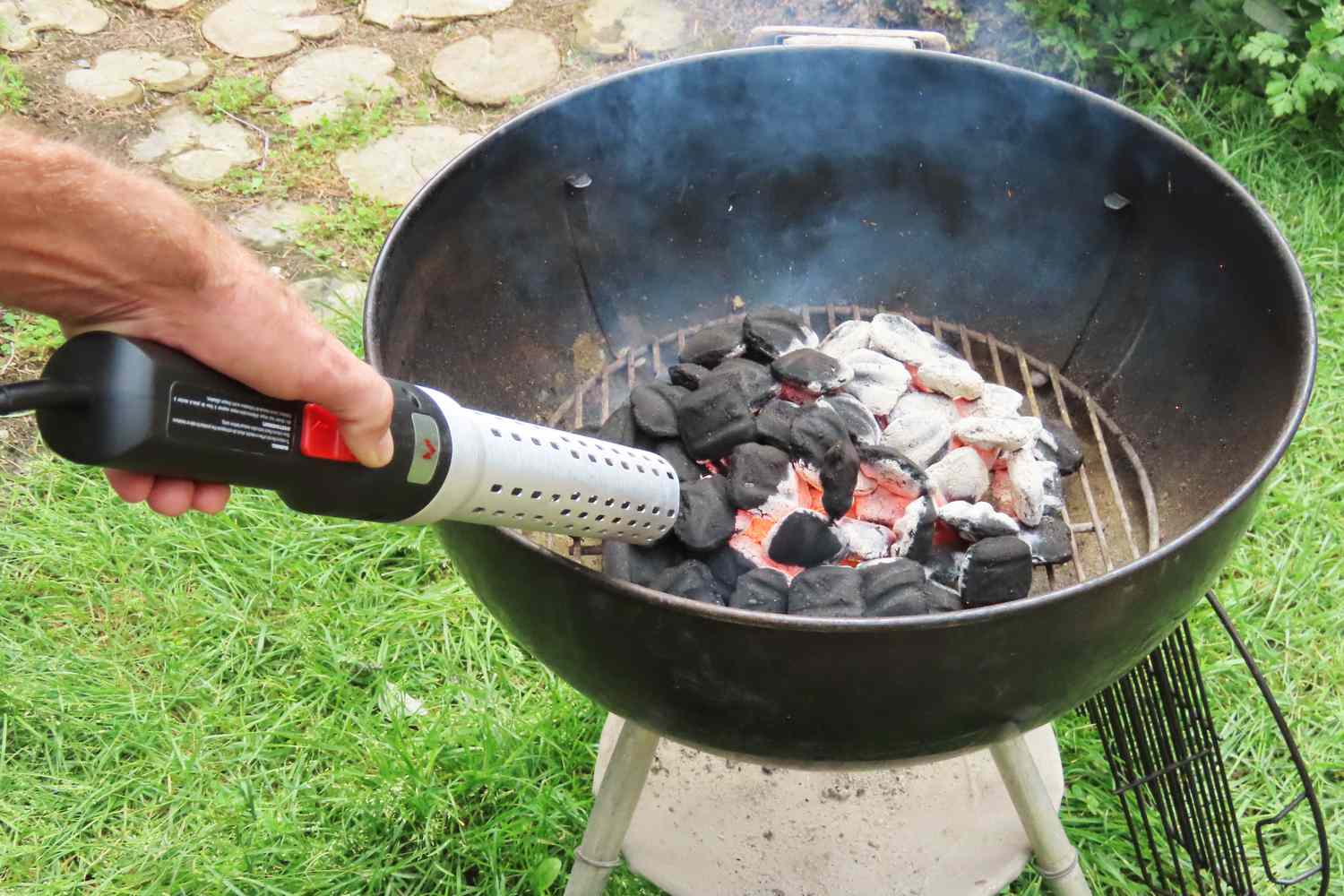
Electric charcoal starters are a quick and efficient way to light charcoal without chemicals.
- How It Works: It uses electricity to heat and ignite the charcoal.
- Benefits:This method is fast, easy to use, and eliminates any chemical taste in your food.
- Usage Tips: Leave the starter in the charcoal for about 8-12 minutes or until the coals glow. Always unplug the starter and allow it to cool before storing it away.
3. Newspaper

Newspaper can be an effective and readily available fire starter.
- How It Works: Crumple several sheets of newspaper and place them under your charcoal or wood. Light the newspaper in multiple spots and allow it to burn, igniting the fuel above.
- Pros: Newspaper is readily available, free, and easy to use.
- Cons: It produces ash and requires more effort compared to other methods.
4. Vegetable Oil

Vegetable oil can be an explosive agent to help start a fire.
- Usage: Soak a paper towel or cotton ball in vegetable oil and place it under your charcoal or wood. Light the oil-soaked material, which will burn longer than plain paper, providing a more controlled ignition.
- Safety Tips: Be cautious when handling the fire, and avoid using too much oil, as it can cause flare-ups. Always keep a safe distance and have a fire extinguisher nearby.
- Effectiveness: Vegetable oil burns longer than plain paper and provides a more controlled ignition.
5. Rubbing Alcohol

Rubbing alcohol is a powerful and effective fire starter.
- Steps: Pour a small amount of rubbing alcohol on the charcoal or wood and light it.
- Safety Precautions: Use rubbing alcohol in small amounts and keep a safe distance while lighting the fire.
- Considerations: Rubbing alcohol is highly flammable, so handle it with care.
6. Fire Starter Cubes
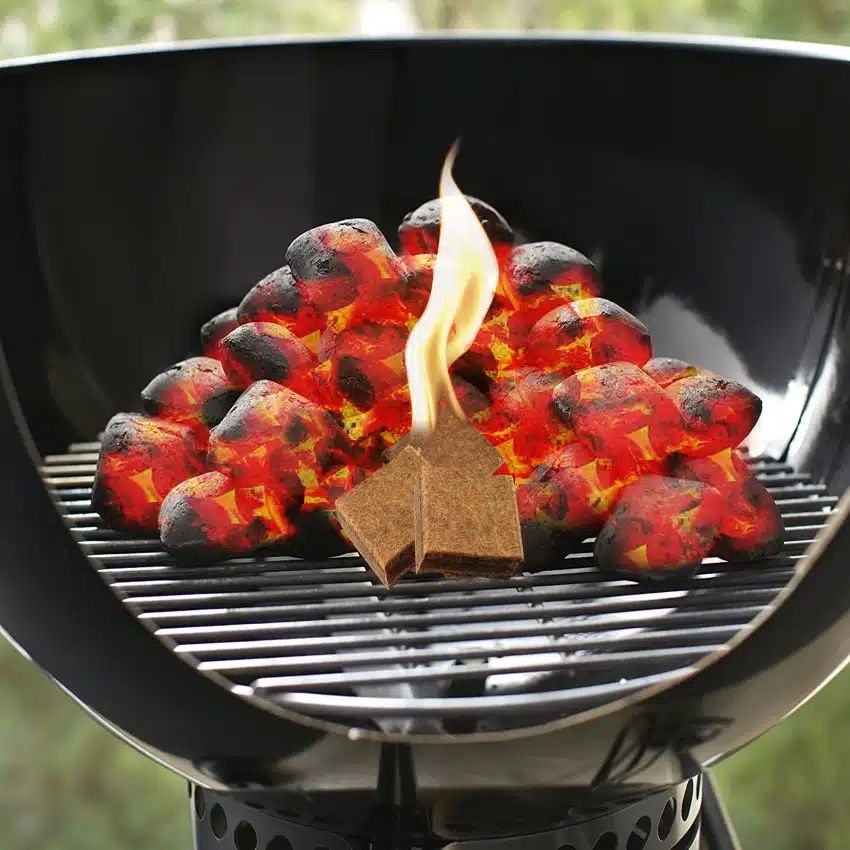
Firestarter cubes are convenient and reliable for starting fires. Firestarter cubes come in different types, such as paraffin-based or sawdust-based.
- Usage Instructions: Place the fire starter cube under the charcoal or wood and light it.
- Benefits: Firestarter cubes are convenient, reliable, and burn cleanly.
7. Paraffin Wax
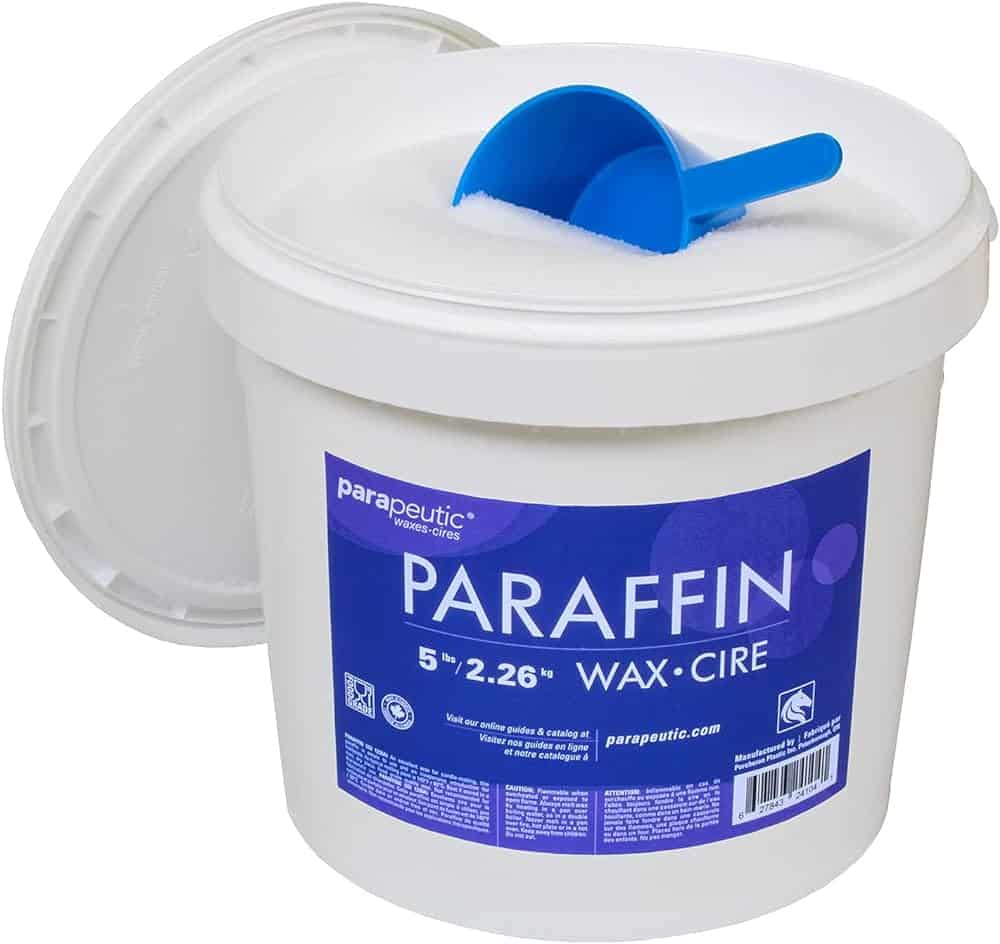
Paraffin wax is an effective and long-lasting fire starter.
- Usage: Melt paraffin wax to coat sawdust or cotton balls. Place the coated material under the charcoal or wood and light it.
- Benefits: Paraffin wax fire starters have a long burn time, are waterproof, and are easy to store.
- Safety Concerns: Handle melted wax carefully and avoid spills.
8. Dryer Lint
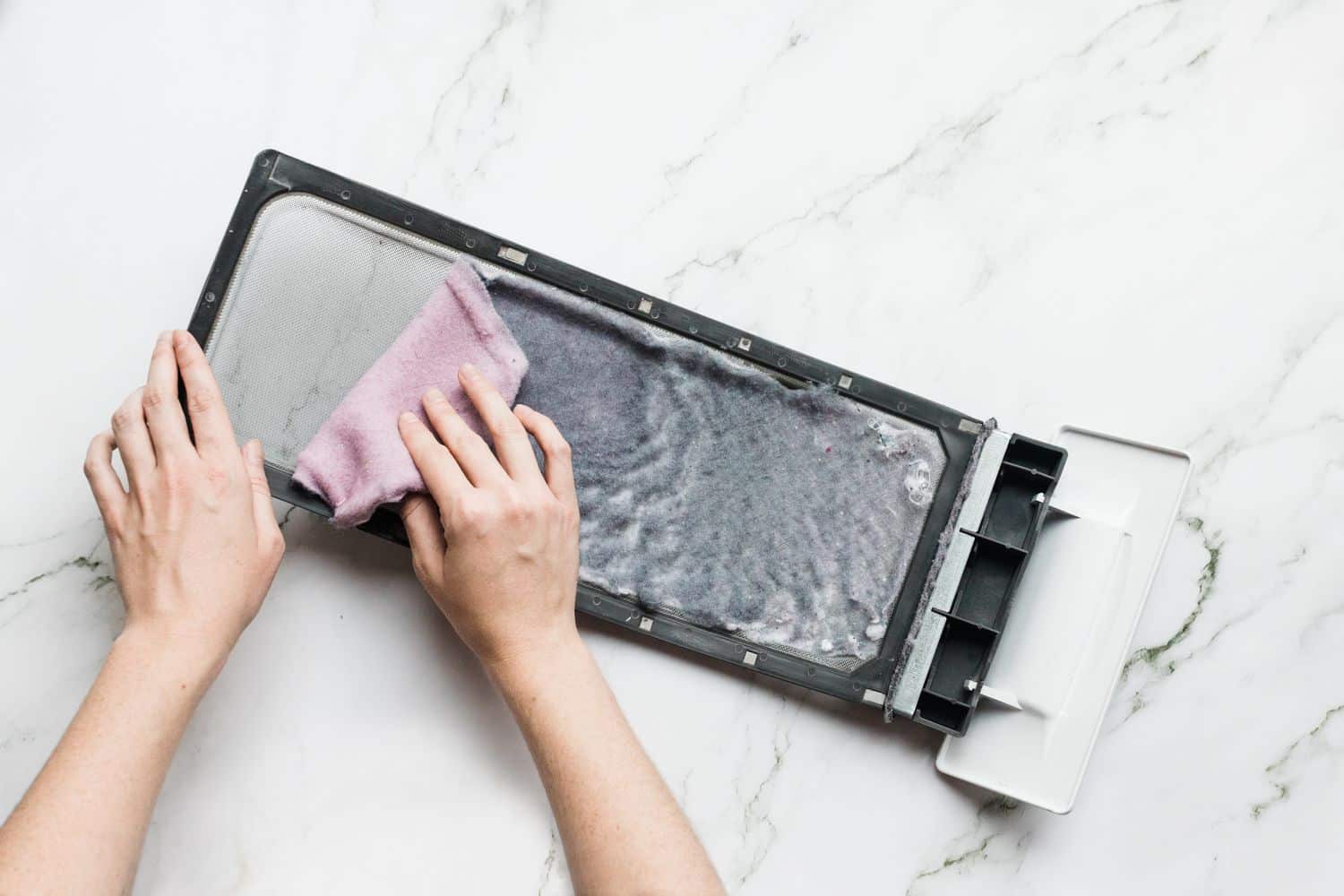
Dryer lint is a highly flammable and effective fire starter.
- Explanation: Collect lint from your dryer and use it to start a fire by placing it under the charcoal or wood.
- Effectiveness: Dryer lint is highly flammable and easy to ignite.
- Best Practices: Combine dryer lint with other materials like wax for a longer burn time.
9. Sawdust and Wax
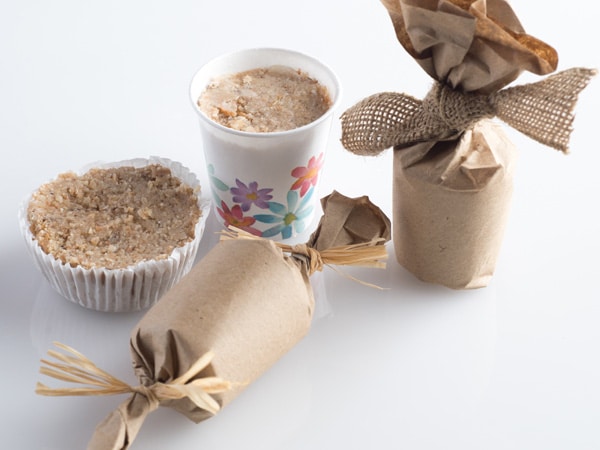
Sawdust mixed with wax makes excellent fire starters.
- How to Make: Mix sawdust with melted wax and shape the mixture into small fire starters.
- Pros: Sawdust and wax fire starters burn long and hot and are easy to make.
- Cons: Making these fire starters requires preparation time and materials.
10. Pine Cones
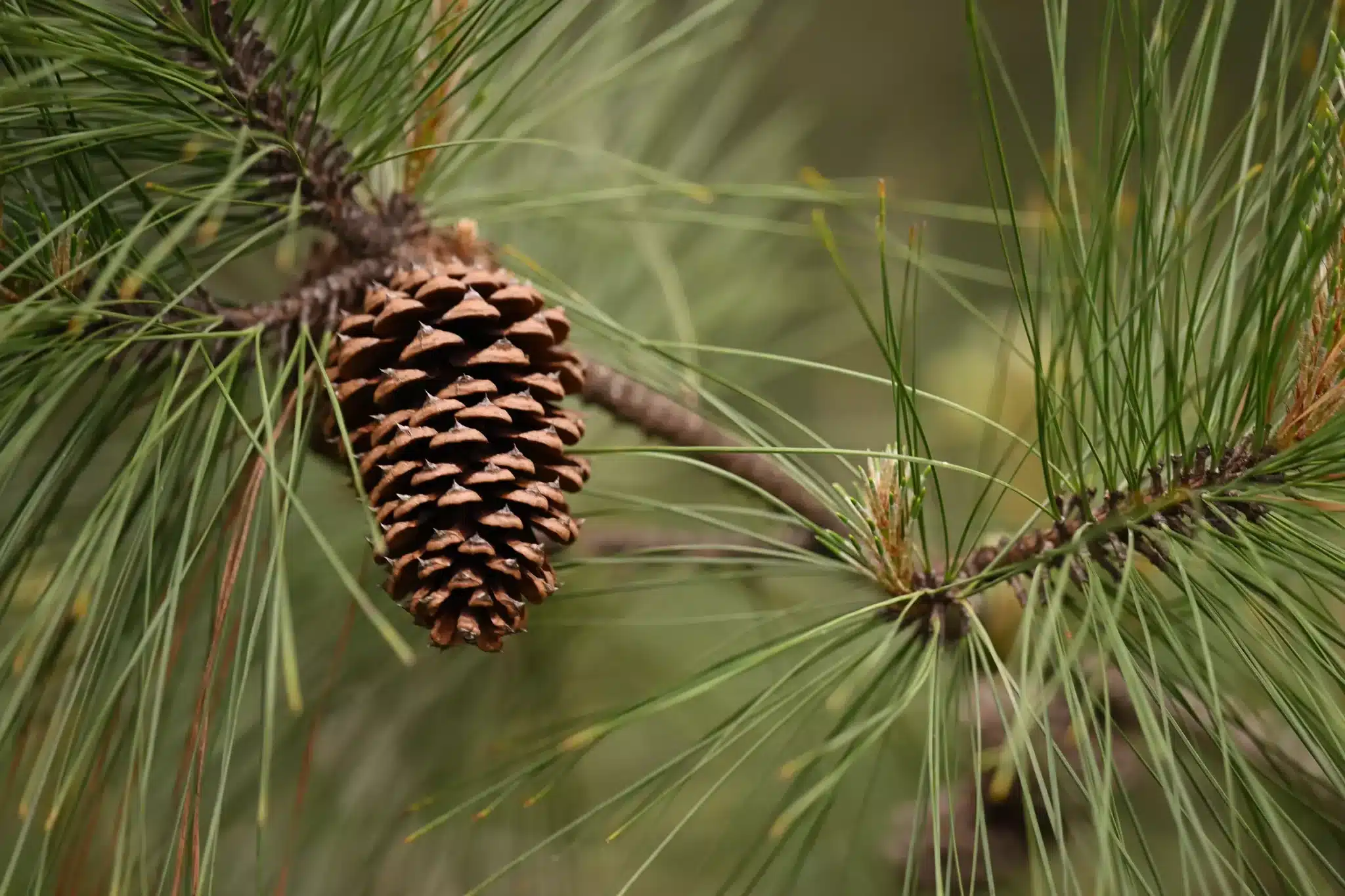
Pine cones are natural and effective fire starters.
- Usage: Collect pine cones to start a fire by placing them under the charcoal or wood.
- Effectiveness: Pine cones have natural oils that make them easy to ignite.
- Tips: Dry pine cones thoroughly and store them properly for best results.
11. Matches
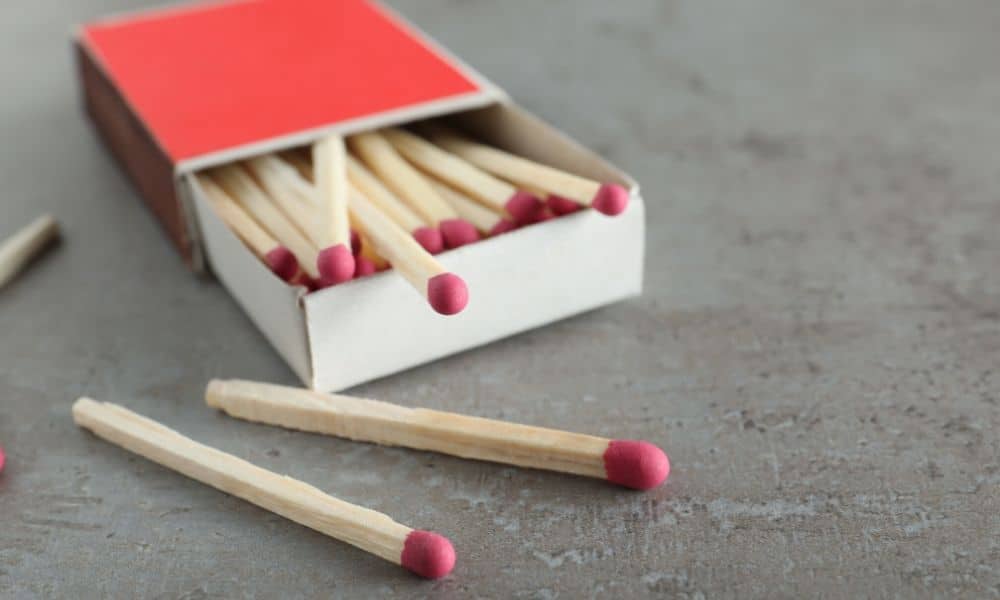
Matches are the simplest and most traditional firestarter.
- Usage: Strike a match to light your charcoal or wood.
- Tips for Best Results: Choose strike-anywhere matches, keep them dry, and use multiple matches for better ignition.
Conclusion
In conclusion, when you find yourself without lighter fluid, don’t panic! From charcoal chimney starters to natural options like pine cones, there are plenty of effective substitutes that can save the day.
By using these alternative methods, you not only avoid the chemical taste of lighter fluid but also embrace eco-friendly and readily available solutions.
Next time you plan a barbecue or camping trip, try one of these clever lighter fluid substitutes. You might be surprised at how well they work!
Remember, with a little creativity and resourcefulness, you can keep the fire burning and the good times rolling.
So, grab your favorite substitute, fire up the grill or campfire, and enjoy the warmth and camaraderie that come with gathering around a well-made fire.


